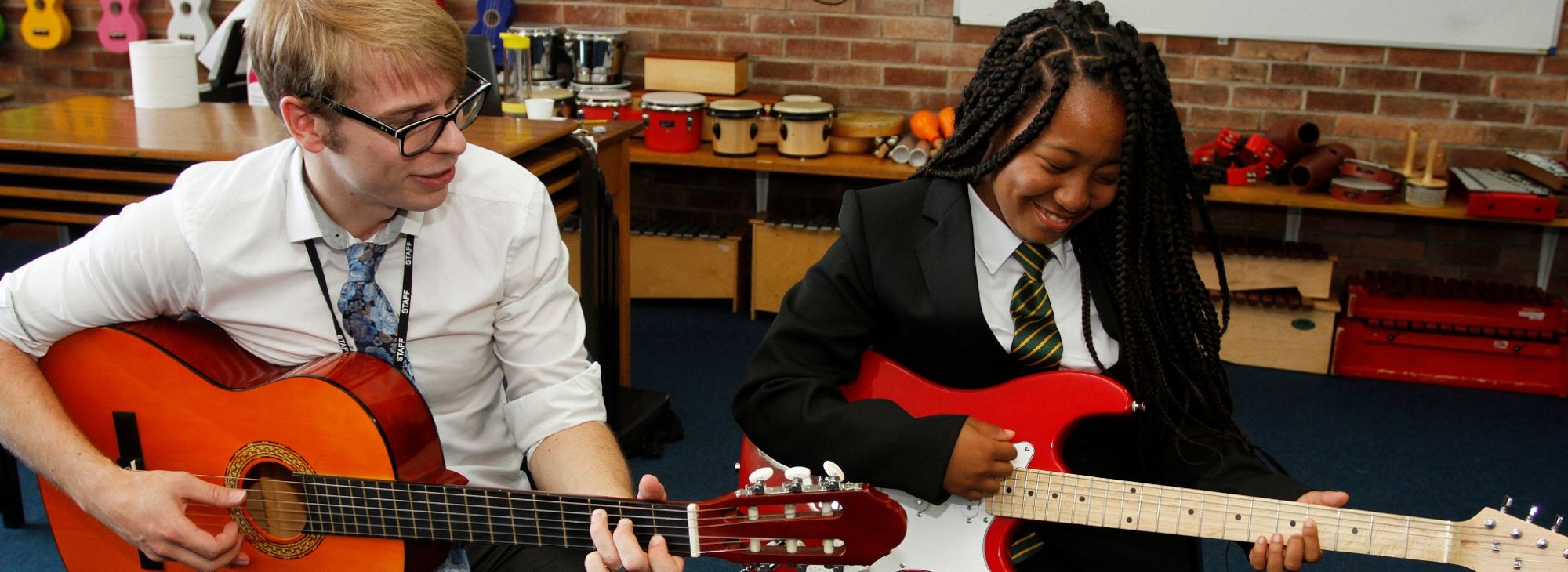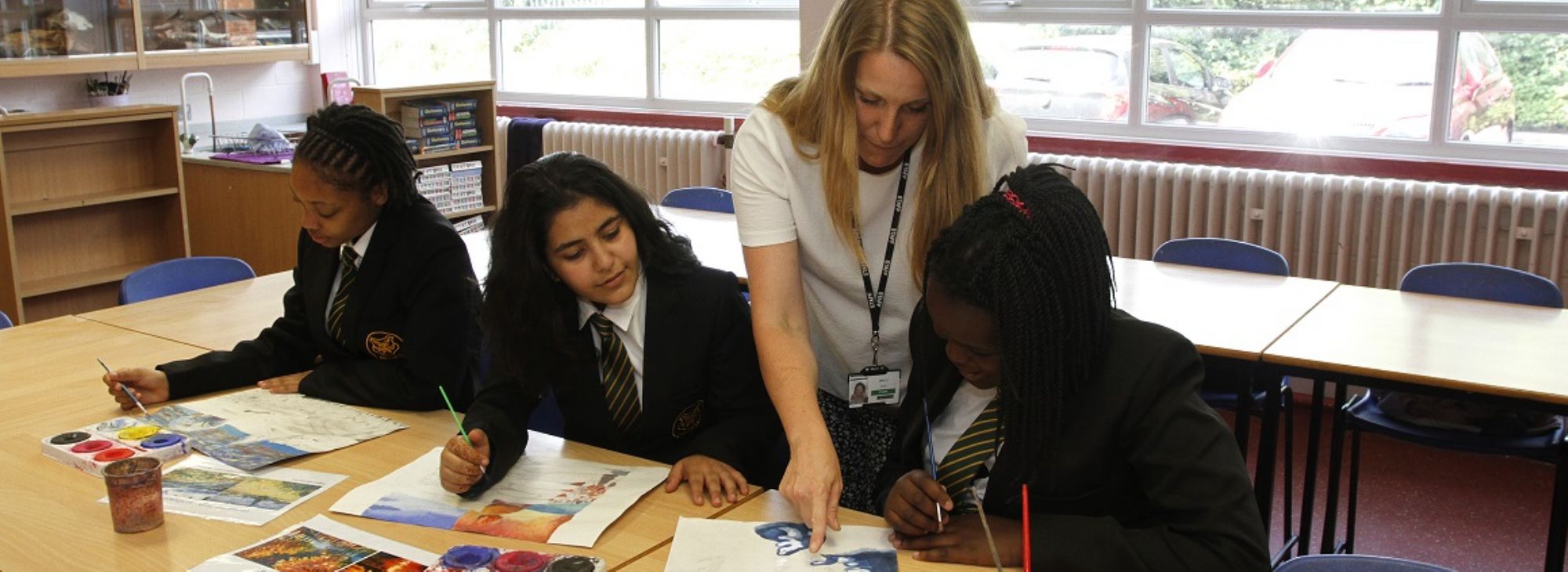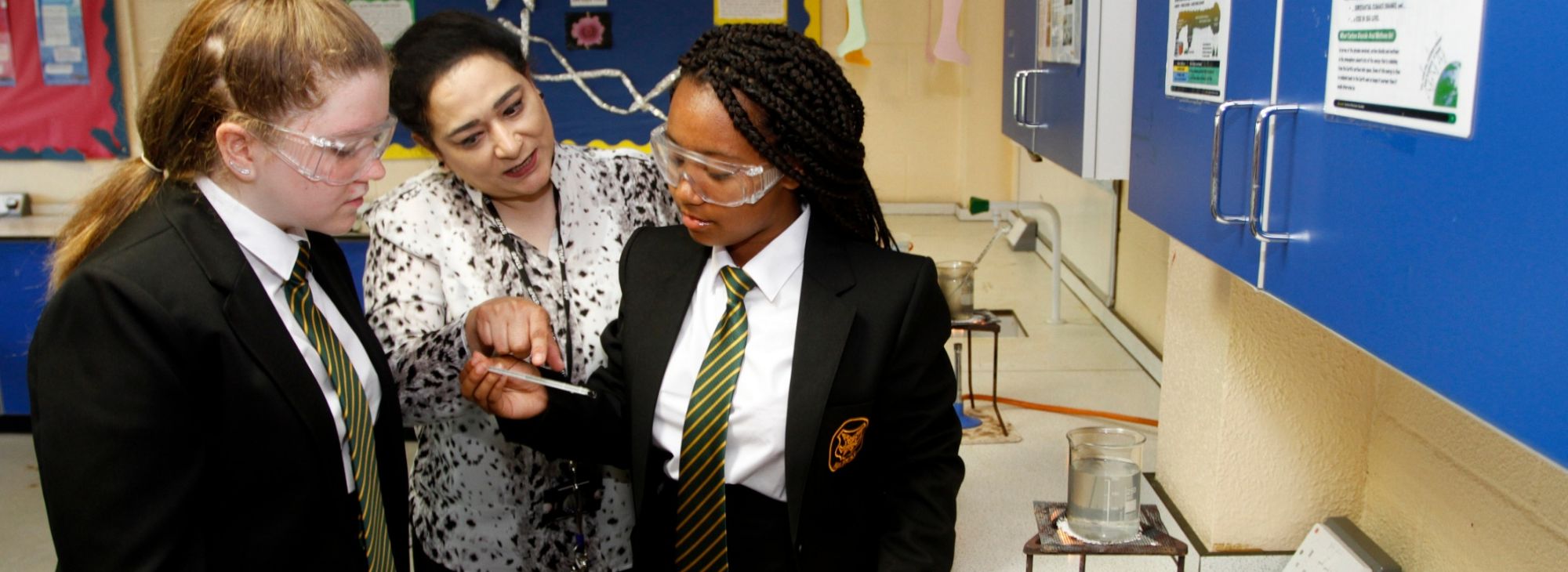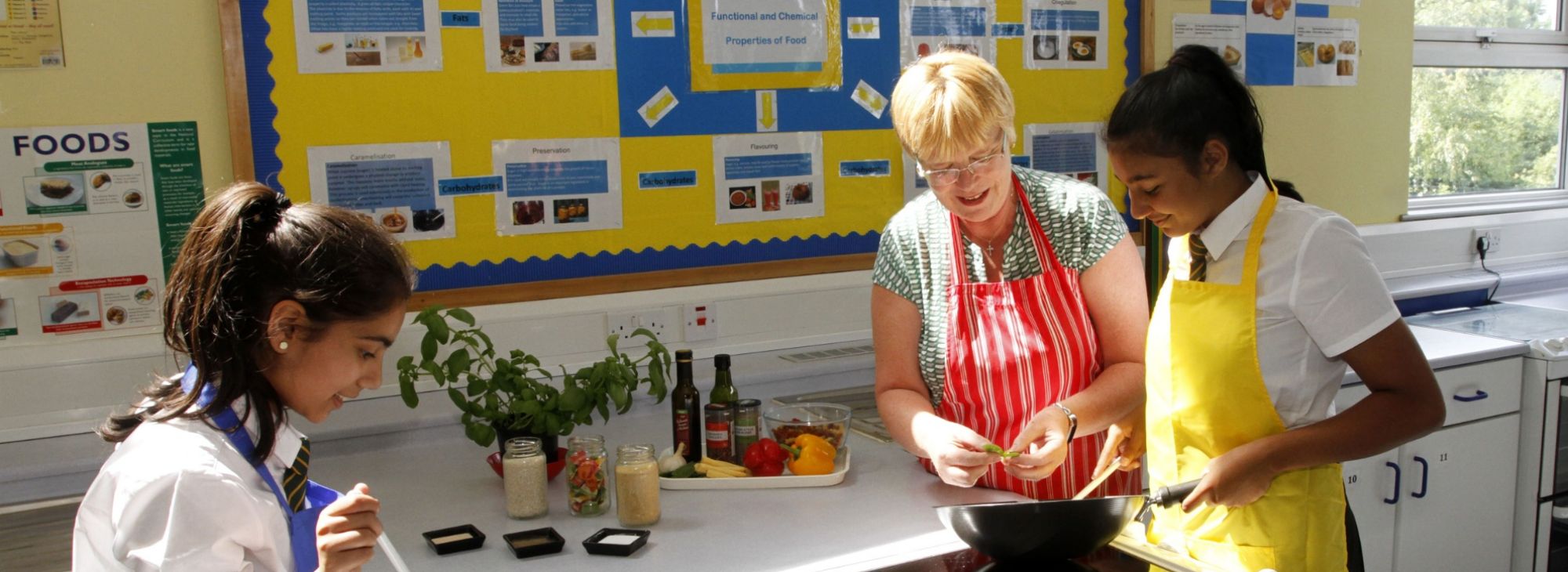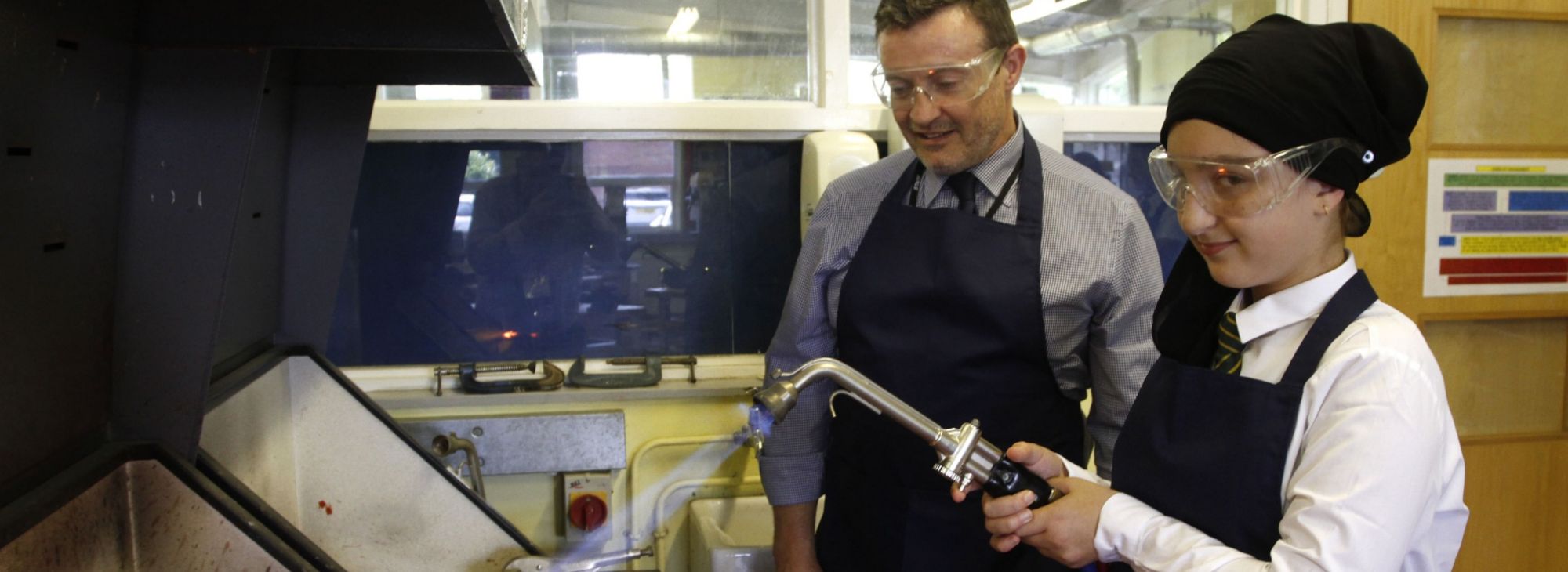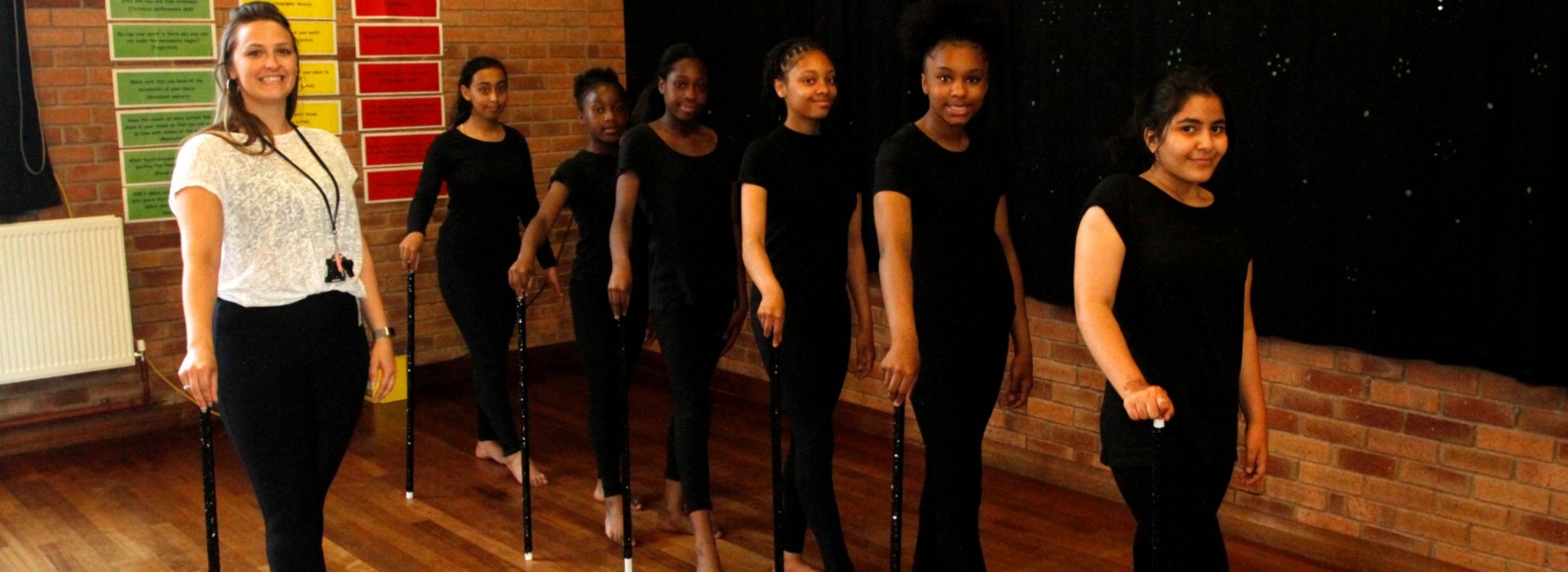Year 9 Options
Welcome to the options process for Year 9 students, parents and carers. Choosing your options for GCSE is an important stage in your education. This is the process that allows you to think about your future goals and supports you to choose some of the subjects that you will study over the next two years. We know that it can be a difficult time and can cause anxiety because there are a lot of questions that you might have: Which subject is right for me? What if I don’t know what I want to do at all? Rest assured that we will help you to make choices about your future learning that are right for you.
Information for Students
Making your decision
Choosing the subjects you want to study in Years 10 and 11 takes time and needs careful thought. Your parents, tutor, teachers, friends, careers advisors and others will all help you with your decisions. Selecting which subjects you study in Year 10 and 11 is a very important decision as it will affect:
- Your progress oer the next 2 years
- Your choice of subjects at sixth form/college, and
- Your employment prospects in the future
Your choice of GCSE subjects will be determined by the following important factors:
- Enjoyment- Choose subjects you really enjoy. The course will last for three years - if there is no liking for the subject in the first place it is ery easy for things to go wrong. But beware! Be sure that the reasons for liking the subject will still apply in three years' time and weren't just a passing phase based on one unit of work in Year 8.
- Ability- Choose subjects you are good at. It is important to choose subjects in which you are successful rather than others where you may do less well as things get harder - your Year 8 Progress Report should help you decide which these are.
- A Balanced Education- Balance in your choice of subjects provides you with a wider range of opportunities. For example, balance will result in keeping open doors that over-specialisation might otherwise close and will provide a fuller, more rounded education which will develop your whole personality.
- Career Relevance - You may not know exactly where you are going just yet, but even if there is only a vague idea it can be worthwhile finding out which subjects would be essential or useful. We stress the importance of choosing a balanced range of subjects as we recognise that career ideas develop and change.
Some dos and don’ts
- Do talk to parents, subject teachers, your form tutor, older students, careers staff—they are all here to help.
- Do read the subject details in this booklet carefully and ask if you need to know more.
- Do opt for a balanced choice of subjects to keep open future careers and study options.
- Do choose subjects you enjoy.
- Don’t choose a subject because your friends are choosing it. You are deciding about your future and they may not be in the same group as you.
- Don’t choose a subject because you like the teacher—you may have a different teacher next year.
Options Booklet
All students will be emailed an Options booklet, this booklet will have a full range of courses on offer in Key Stage 4 (Years 10 and 11). To give you a flavour of the subjects on offer please see below.
Information for Parents
At Hillcrest School, we have developed the Key Stage 4 curriculum with the intention of offering students a useful, appropriate and relevant suite of qualifications. We work from the perspective of students’ aspirations, strengths and needs, workforce demands and progression routes to further and higher education.
We aim to ensure that students have access to a broad and balanced education. At our last inspection, Ofsted referred to the Hillcrest curriculum as a strength:
'Strong ambition for improving outcomes for all pupils has led to good examination results.' (Ofsted, July 2017).
What will the curriculum look like?
There are several core subjects that the government requires all students to study, such as English, Mathematics, Science, Physical Education and Religious Education. Students also study French and either History or Geography.
In addition to the core, students make guided choices from a range of subjects including Art, Computing, Dance, Drama, Music, and Design Technology. This ensures that we provide opportunities for different kinds of learning to suit the interests and abilities of individual students, whilst retaining a strong focus on academic subjects which will enable them to progress to further and higher education. We aim to give as many students as possible the opportunity to achieve the English Baccalaureate (EBacc) by the end of Year 11.
The EBacc is not a qualification in itself. It is a wrap-around award that recognises students’ achievements across a core of selected subjects. Students would be expected to attain between grades 9 to 5 in English, Mathematics, Science, a Modern Foreign Language and either History or Geography.
The EBacc is highly regarded by colleges, sixth form, universities, other higher education institutions and employers. Therefore, this award would be advantageous to students who are intent on further study for an Undergraduate Degree or equivalent.
Curriculum Allocations at Key Stage 4
|
|
Year 10 |
Year 11 |
|
English |
8 hours |
9 hours |
|
Mathematics |
8 hours |
9 hours |
|
Science |
8 hours |
9 hours |
|
Physical Education |
2 hours |
2 hours |
|
Religious Education |
2 hours |
NA |
|
French |
5 hours |
5 hours |
|
Life Skills
|
2 hours |
2 hours |
Click here for Information for Parent Presentation
Below is a short video that we feel will help students and their parents/carers discuss what options are best for their future aspirations.

